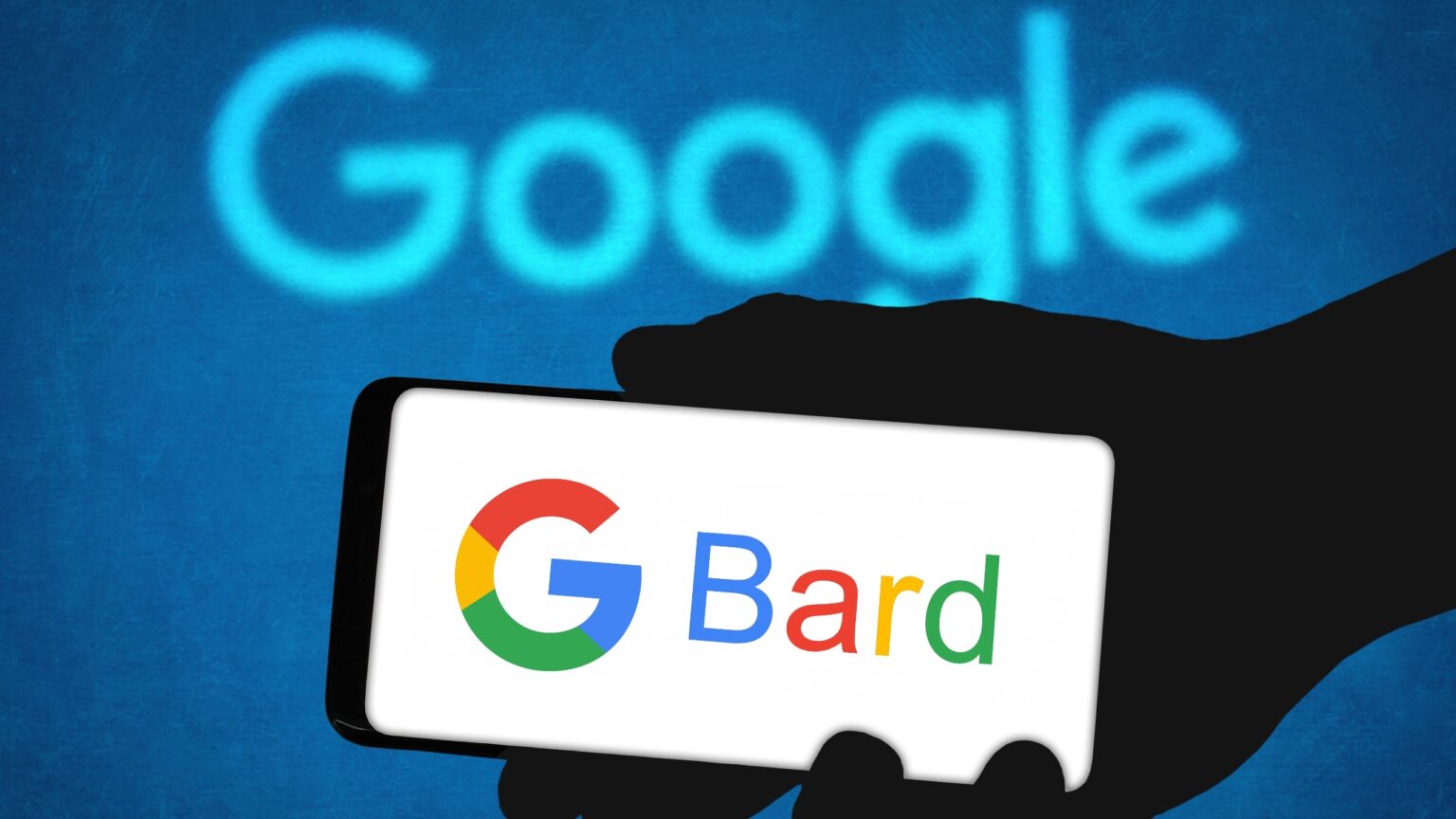Following the release of Bard Advanced, which Gemini Ultra powers for challenging tasks, Google is thinking of changing its AI chatbot Bard to Gemini.
Google is about to rename its AI chatbot just after revealing its new image generation feature. Comparable to Microsoft’s decision to rename Bing as Copilot, this development is a calculated step in response to the recent release of Bard’s image-generating capacity.
A tweet was posted on X (formerly Twitter) by developer Dylan Roussel. The tweet sheds light on Google’s imminent updates for its AI chatbot. One of the biggest changes is that Bard will now be called Gemini. The adjustments are expected to take effect this February.
Google added a new changelog for Bard, and — oh boy — it's a big one!
The availability in Canada is awesome! That said I don't really understand the limitations with the app. That's disappointing as someone who lives in Europe.
Oh by the way… https://t.co/xM2snHVYJ9 is real. pic.twitter.com/QKgKrRjmM4
— Dylan Roussel (@evowizz) February 3, 2024
Google’s transition
This move is consistent with Google’s larger strategy to integrate its LLM model, Gemini, across its product offerings. Bard’s underlying AI model, Gemini, has given rise to rumors that Google intends to combine all of its AI initiatives under the Gemini brand. Apart from this rebranding, the disclosed tweet suggests that Google may provide a premium ‘Advanced’ feature with Gemini Ultra.
However, Google plans to offer an advanced version of Gemini with enhanced multi-modal capabilities, improved coding support, and in-depth file and document exploration. This is just like OpenAI’s subscription-based model for the advanced GPT-4. Gemini is extending its reach to Canada.
The initial launch date was Feb. 7. Still, according to a most recent tweet by developer Dylan Roussel, Google changed the date of the release notes from Feb. 7 to Feb. 8.
Update: Google changed the date of the release notes from February 7th to February 8th.
A good occasion for me to clarify that none of the release notes (not even the dates) are final until officially released. pic.twitter.com/h8TT8080Ve
— Dylan Roussel (@evowizz) February 5, 2024
Gemini comes to market
The LLM Gemini was first introduced last year by Google in three versions: Gemini Nano, Gemini Pro, and Gemini Ultra. Google claims that its LLM model can “perform complex tasks like logical reasoning, coding, following nuanced instructions, and creative collaboration.”
However, the goals of the company don’t end here. Google is preparing to release a dedicated Gemini app designed for smartphone users. This app will seamlessly integrate with other Google services like Gmail, Maps, and YouTube and is set to enhance tasks such as learning, writing, and planning. Android users will have a separate Gemini app, but iOS users will have to access it through the existing Google app.
The tweet indicated that the Gemini app will initially struggle with device compatibility. Gemini is ready to support more languages, including Japanese, Korean, and English, in most regions globally, except for specific European countries and regions. Moreover, the company also has plans to expand Gemini’s availability to more countries and languages shortly.
It’s important to remember that Google has not formally acknowledged these reports.
Google’s claim on Ultra
Previously, Google had claimed that the Ultra was its “largest and most capable model,” designed for highly complex tasks.
Introducing Gemini: Google’s Most Capable AI Model Yet: Google’s introduction of the Gemini AI model marks a significant advancement in the field of artificial intelligence. This highly capable…
Continue reading on Medium » https://t.co/B58Xgn28qG pic.twitter.com/IY1JSr7LGU
— Paperbackdad (@paperbackdad) December 18, 2023
Gemini Ultra has also been hailed as the language model that “outperformed human experts at MMLU (massive multitask language understanding).” According to Google, the Gemini Ultra is a way of challenging the might of GPT-4-powered ChatGPT.
Like OpenAI’s GPT-4 language model, the tweet stated that access to the Gemini Advanced-based Ultra 1.0 language model will require payment. The cost of the virtual assistant is unknown at this time, and further details will be made available when Google officially makes the announcement.









 and then
and then